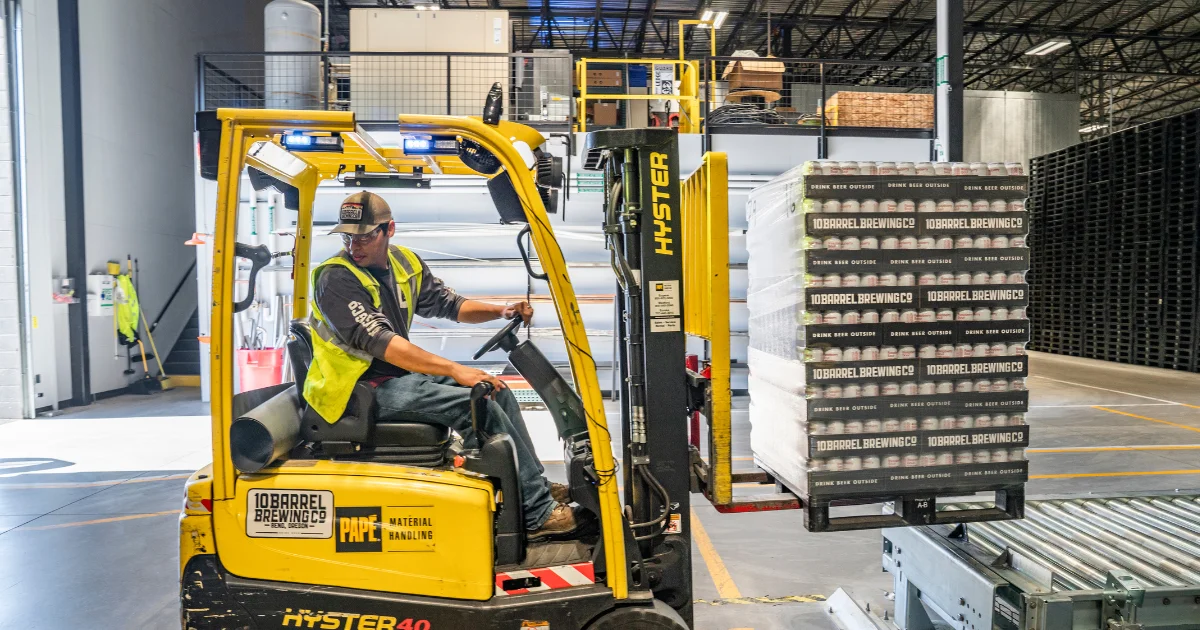Workers compensation insurance is comparable to auto insurance in the sense that without it, an accident may spell a disaster. Drivers without insurance are vulnerable to being taken to court and paying for the other driver’s property damage and medical expenses.
Similarly, employers expose themselves to the risk of financial ruin when they choose to stay uninsured. The current workers’ compensation industry may find itself protected from the economic impact of inflation, but it does not operate in isolation.
Issues pressing upon risk managers and insurers include workplace violence, catastrophic claims, and rising medical costs. Only businesses that are prepared for these trends will survive in the market in the upcoming years.
Are you still wondering whether you need workers’ compensation for your employees? If yes, then keep reading. This article discusses four reasons why a workers’ compensation program is necessary for every employer.
Legal Obligation
The workers’ compensation requirements vary among US states. However, 49 out of 50 states (except Texas) require businesses to purchase this insurance. In some states, such as California and New York, it is a criminal offense to have no workers’ compensation insurance.
Others, such as Ohio and Washington, only allow businesses to purchase this insurance from the state fund. Keep in mind that the extent of the legal obligation will differ from one state to another. For instance – states like Connecticut make workers’ compensation insurance mandatory for all businesses with one or more employees.
This means that even companies in their fledgling stages will need to provide workers’ compensation to their employee(s). Some small businesses in this state may find it challenging to buy workers’ compensation. They can invest in the most common coverage or general liability insurance in CT.
According to Brooks, Todd & McNeil, this insurance covers a wide range of risk exposures, including injuries, property damages, and lawsuits. Alternatively, it is possible to purchase workers’ compensation insurance based on a business’s unique needs and the respective state’s compensation requirements.
Also Read: Advantages of Insurance Coverage for Law Enforcement Personnel
Employees Feel Reassured and Safe
Before the workers’ compensation policy was mandated by law, employers were not liable to pay if the worker somehow contributed to their injuries. This is no longer the case. All employers bear the responsibility of providing coverage even if the accident was the employee’s fault.
In general, all employers want to be in their employees’ good books (doing them right and treating them well). A workers’ compensation policy is a surefire way to make your employees feel safe and reassured.
They have the confidence of getting the timely care they need to heal in case of any mishaps. Also, there’s no need to worry about medical expenses, rehabilitation, or loss of wages. Since the program allows workers to receive benefits on time, they heal faster and can resume work sooner.
Protection Against Lawsuits
No business owner wants to be dragged into the courtroom. However, a lack of workers’ compensation policy makes them vulnerable to being sued. Some businesses believe that an internal policy is enough to keep them protected.
However, there can always be an accident that comes by to test the policy (and expose it as wanting). A workers’ compensation policy makes it easier to know the premium costs to plan ahead of time.
Moreover, if an employee does file a lawsuit due to dissatisfaction with the policy, a third party (the insurance company) will handle the matter. You, as the employer, need not worry about being dragged into the controversy.
Must Read: Financial Benefits of Excess Insurance in Self-Funded Plans
Improved Business Reputation and Cost Savings
Businesses across manufacturing, construction, and logistics industries share a unique burden. Their daily operations involve multiple risks to workers’ health and well-being. Those with a reliable workers’ compensation program in place enjoy a reputation for operating a safe workplace.
This can, in turn, lead to major savings. Insurance companies may be willing to reduce premiums as they recognize yours as a low-risk company.
Finally, do not fall for the lie that purchasing a relevant workers’ compensation program is challenging. If your state laws require you to buy one from the state fund, choose an agency provided by your state.
Otherwise, opt for a private coverage provider, albeit wisely. Some factors that you must keep in mind include expertise, safety resources, prompt customer service, and claims management support.
Remember that the workers’ compensation policy details will remain the same among carriers. This is why you must choose a provider that offers more than just a policy.
The insurance provider offering the maximum value for your premium may not have the lowest price tag. However, if they tick other important boxes, you can rest assured that your employees will stay protected, and so will your business.





















